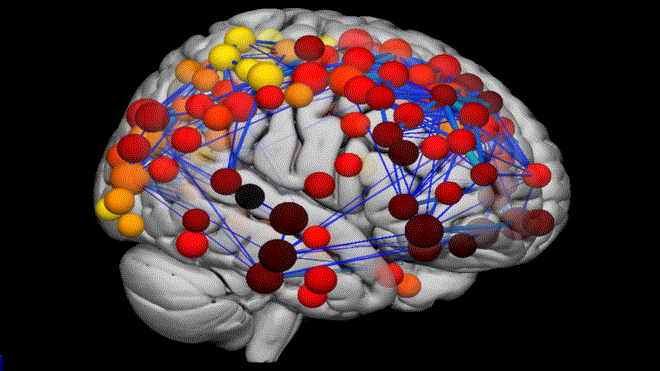Posts Tagged ‘adolescence’
Reading for pleasure during childhood may lead to higher brain/ cognitive development and mental well-being during adolescence
Early childhood is a critical period for brain development, which is important for boosting cognition and mental wellbeing. Good brain health at this age is directly linked to better mental heath, cognition and educational attainment in adolescence and adulthood. It can also provide resilience in times of stress. But, sadly, brain development can be hampered…
Read MoreCanadian study finds causal link between time playing videogames at age 12 and ADHD symptoms at age 13
Recent studies have linked screen time — including video game play — to concerning outcomes in children, including low self-esteem, low life satisfaction, and depressive symptoms. Screen time has also been found to be correlated with symptoms of ADHD in children and adolescents, even when earlier attention difficulties are taken into account. These findings suggest…
Read MoreNew book highlights continued brain development throughout adolescence, even into our 20s
_____ Neuroscientist Probes Myths About the Teenage Brain (Education Week): “We often think early childhood is this dramatic window of learning and development in the brain, and you’re highlighting adolescence as a different kind of window. Can you talk a little bit about that? I was told when I was an undergraduate that the human brain pretty…
Read MoreStudy debunks the “earlier is always better” myth about brain development and cognitive training
Good News: You’ve Got a Better Brain Than You Think (Time): “Getting older? No worries…When does our learning potential start to go soft? A new paper published in Psychological Science suggests that it might be later than we thought.
Read MoreBrain scan study finds links between adolescent brain development and mental health disorders
Scans reveal how teenage brain develops (BBC News): “The team from Cambridge’s department of psychiatry scanned the brains of 300 people between the ages of 14 and 24. While the areas associated with the basic functioning of the body such as vision, hearing and movement are fully developed by adolescence, the areas associated with complex thought…
Read More




